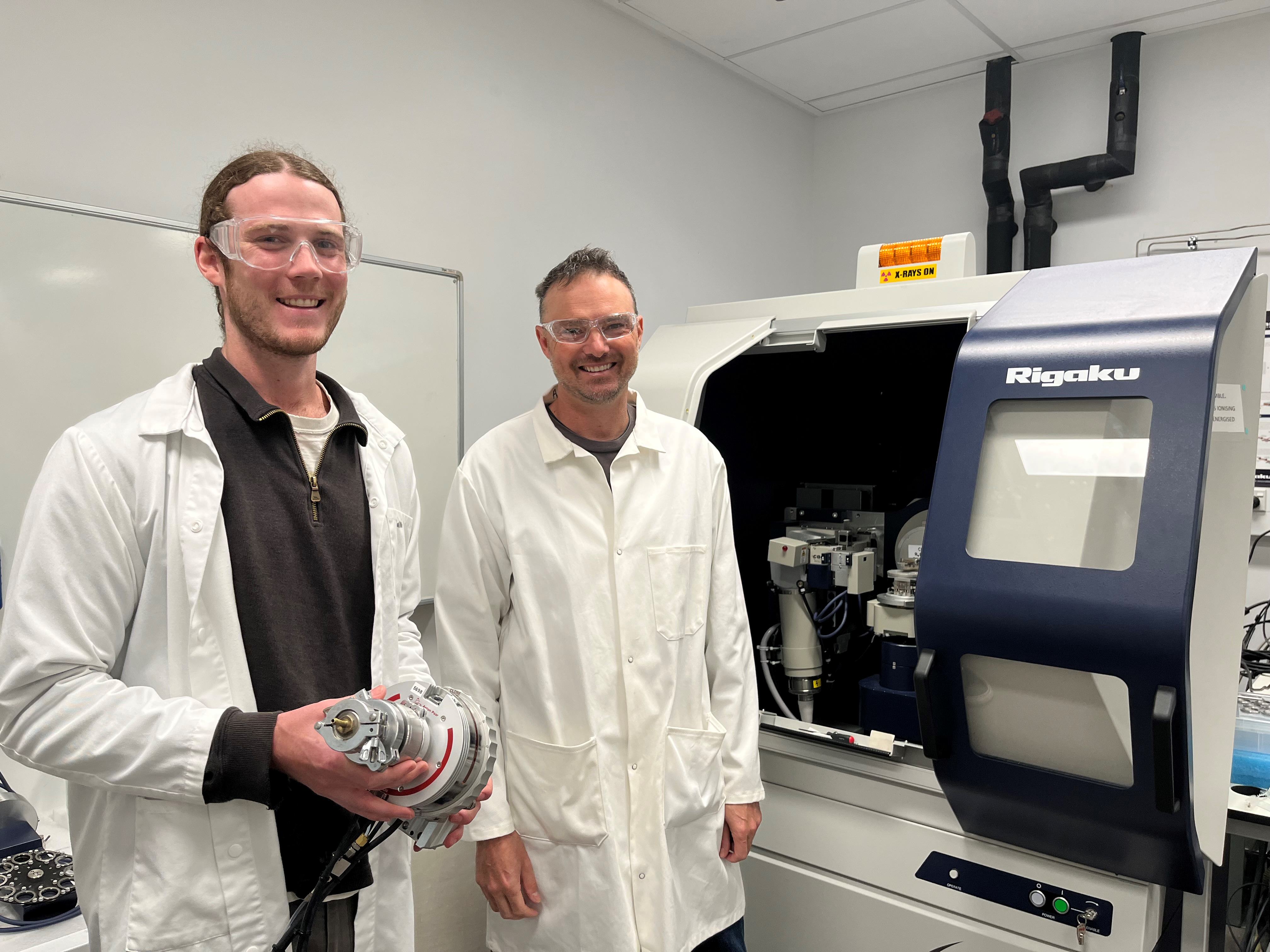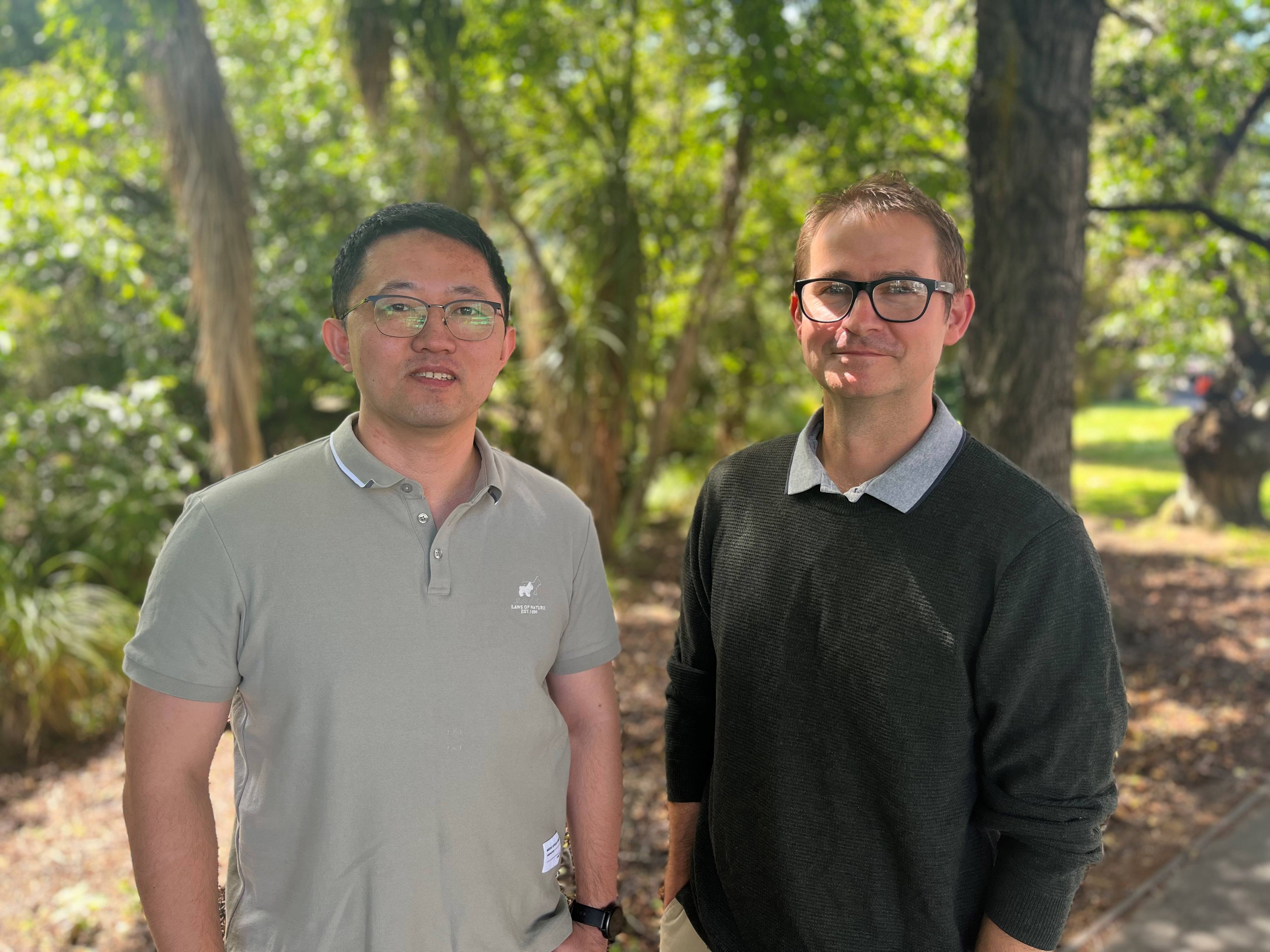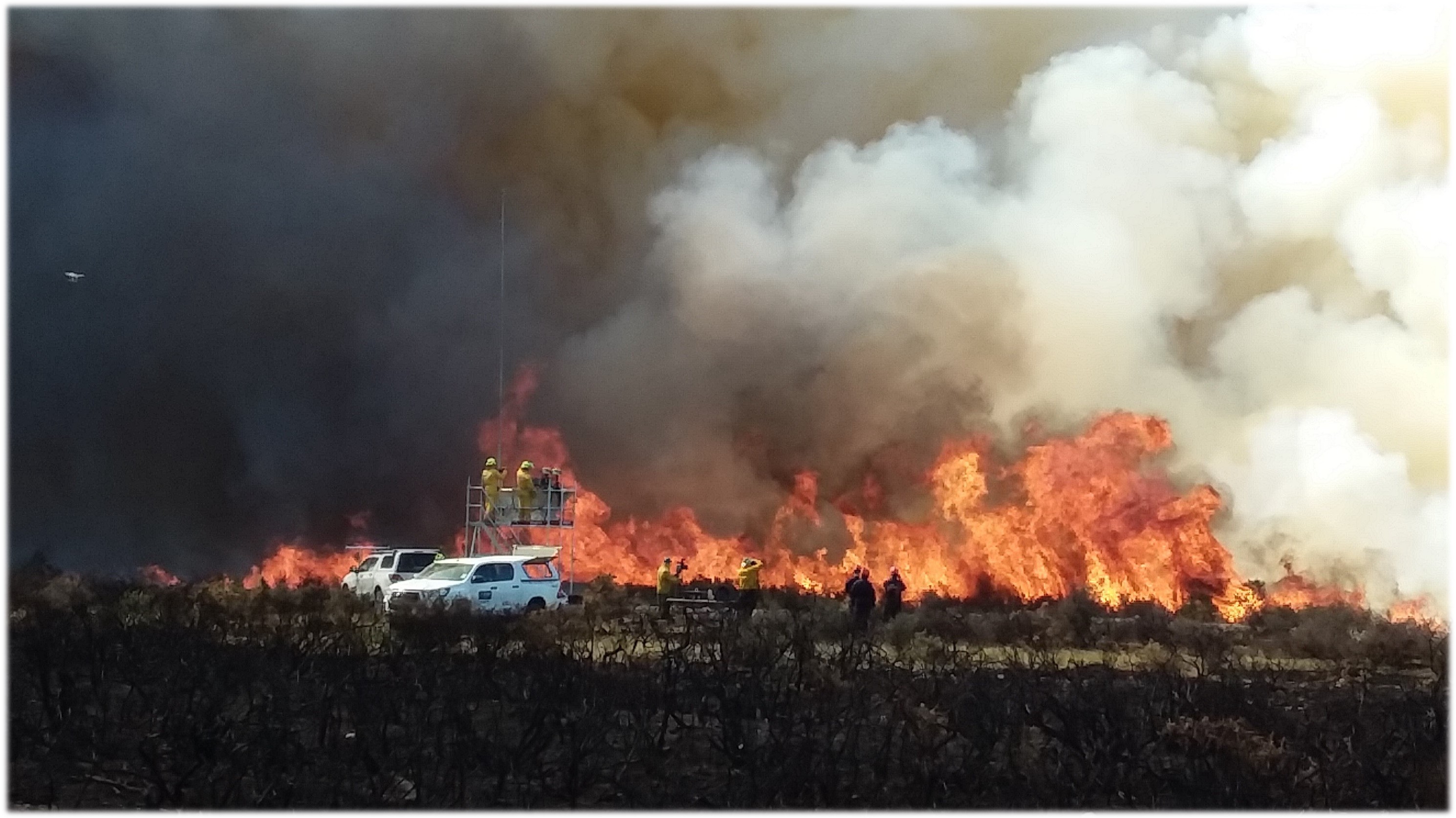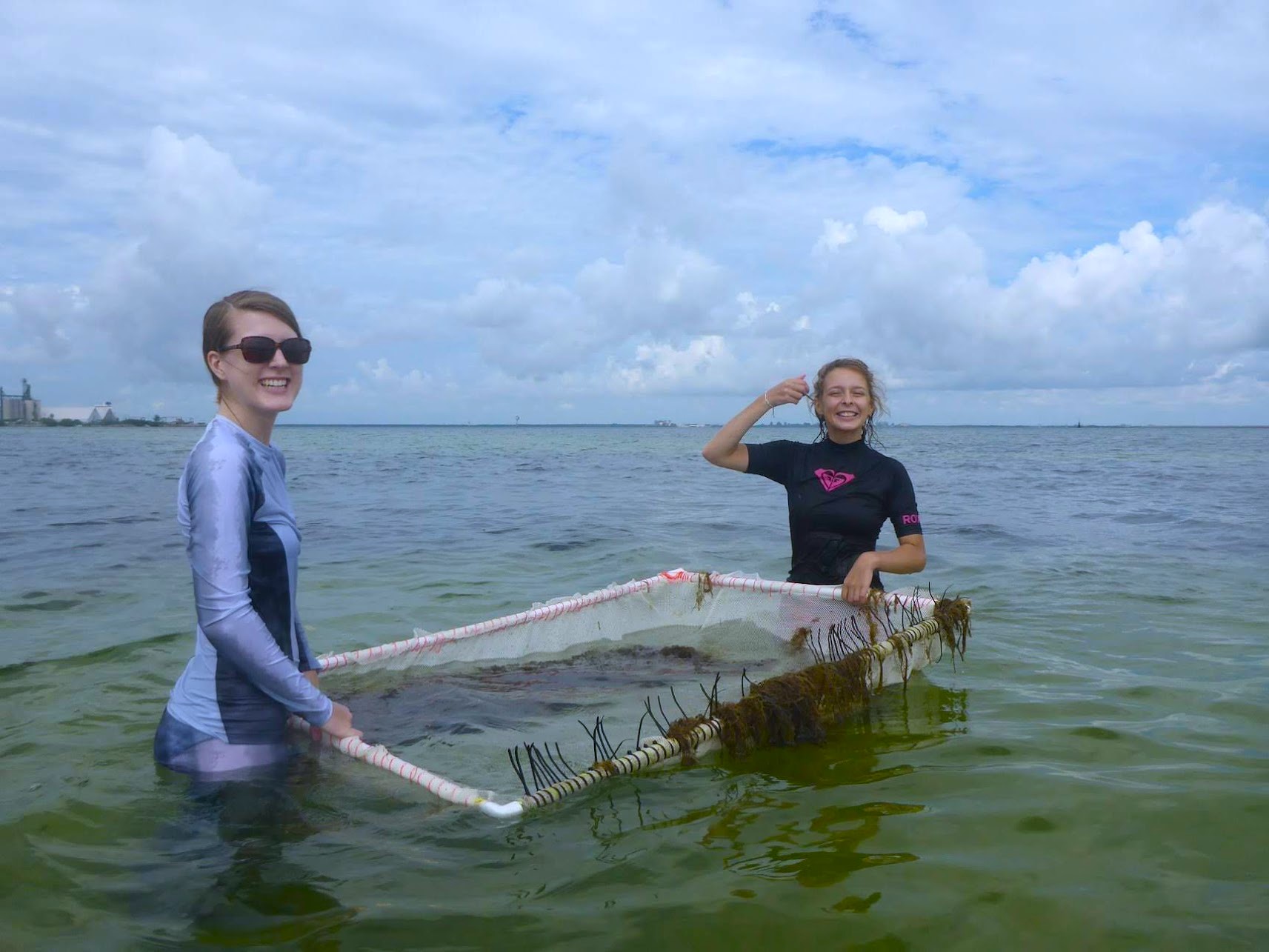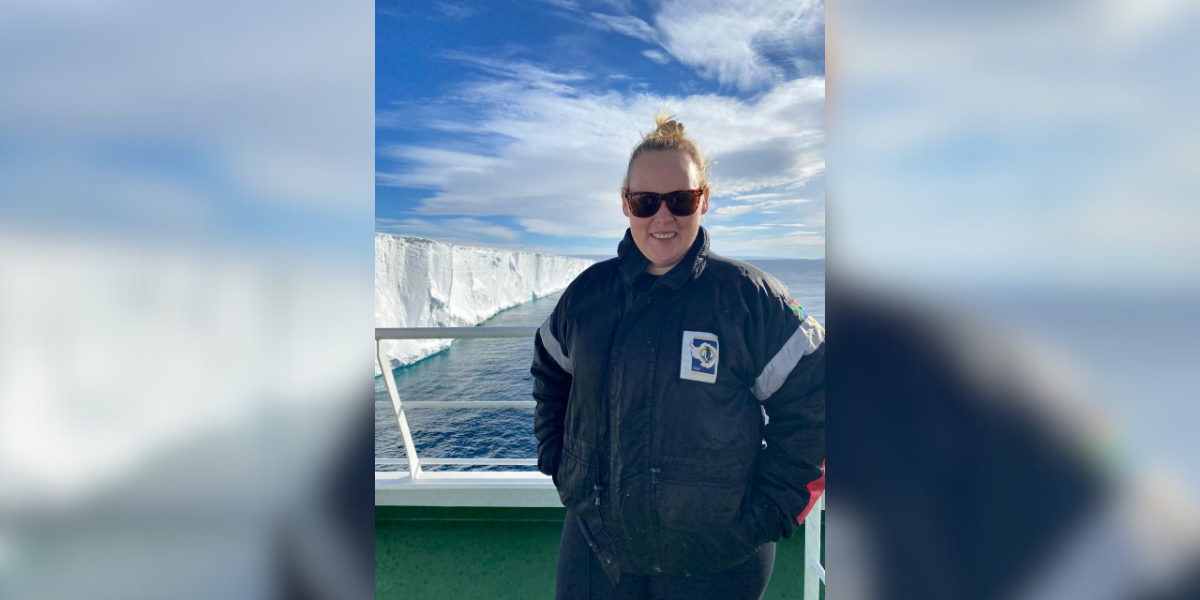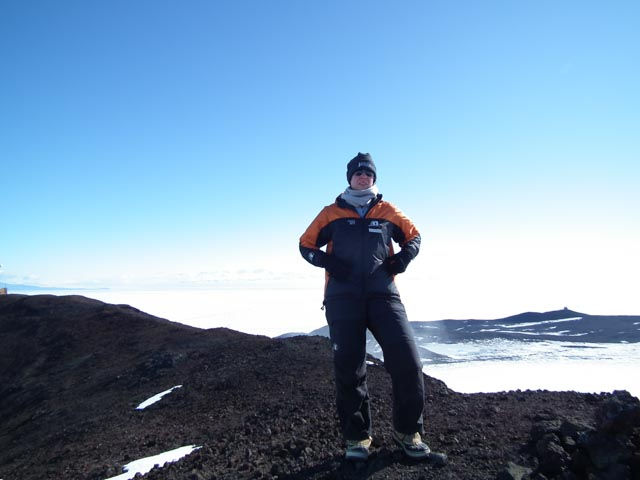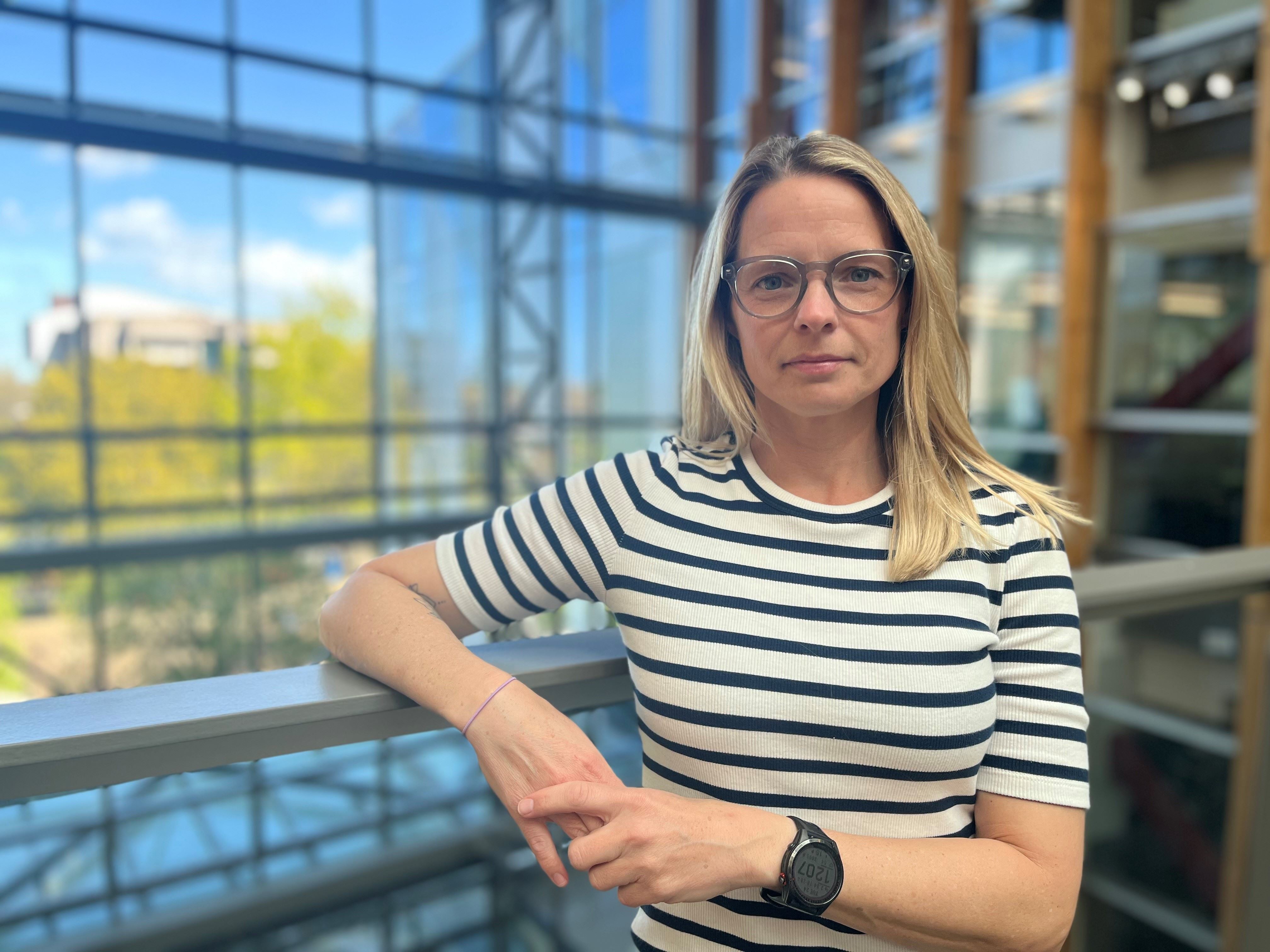“Because they are so small and lightweight, microplastics are blown with winds to remote regions that are rarely visited by humans and have been found in the air across a range of locations from the Arctic to the Antarctic. Within Canterbury alone, we have discovered airborne microplastics on the coast and high country, as well as in Christchurch city,” Associate Professor Revell says.
“Initial studies suggest that when inhaled, microplastics are damaging to human health. A second reason to be concerned about airborne microplastics is that they contribute to climate change: microplastics reflect sunlight back to space, but they also trap heat emitted by the Earth.
In her upcoming Tauhere UC Connect public lecture, Airborne microplastics and climate change, on Wednesday 18 May, Associate Professor Revell will discuss “what we know so far about the role of airborne microplastics in a changing climate, along with what is not yet known”.
“I will share results from my research group’s airborne microplastics sampling efforts, as well as the challenges presented by sampling in remote places. Finally, I will share results from preliminary sampling in New Zealand homes during a Covid-19 lockdown, which offer a glimpse into the ubiquity of airborne microplastic in indoor environments.”
About the speaker
Laura Revell gained her Chemistry PhD from the University of Canterbury in 2012, after earning her BSc and MSc from Waikato University. She worked as an ETH Zurich postdoctoral fellow in Switzerland on the Chemistry-Climate Model Initiative (CCMI), the results of which form our present-day understanding of how the ozone layer will evolve through the 21st century. On returning to New Zealand, she became involved with development of the nation’s own global climate model, the New Zealand Earth System Model, and now leads the Deep South National Science Challenge’s ‘Cloud and Aerosols’ Earth System Modelling project.
In 2020 she received the Emerging Researcher Award from the University of Canterbury College of Science and in 2021 won the University of Canterbury Early & Emerging Career Researcher Award. Also in 2021, she was presented with the Cooper Award – the Royal Society Te Apārangi Early Career Research Excellence Award for Technology, Applied Science and Engineering – for her chemistry-climate modelling work and pioneering research on understanding how microplastics might impact the Earth's climate. She is lead author on a research publication ‘Direct radiative effects of airborne microplastics’ published in Nature in October 2021 from a project supported by the Marsden Fund.
Tauhere UC Connect public lecture: Airborne microplastics and climate change Presented by Associate Professor Laura Revell, Environmental Physics, School of Physical & Chemical Sciences, Pūtaiao | Science, Te Whare Wānanga o Waitaha | University of Canterbury, 7pm – 8pm, Wednesday 18 May 2022, in C1 Central Lecture Theatres, Ilam, Christchurch. Register to attend free at: www.canterbury.ac.nz/ucconnect. Tauhere UC Connect public talks are also livestreamed on the UC Facebook page.



